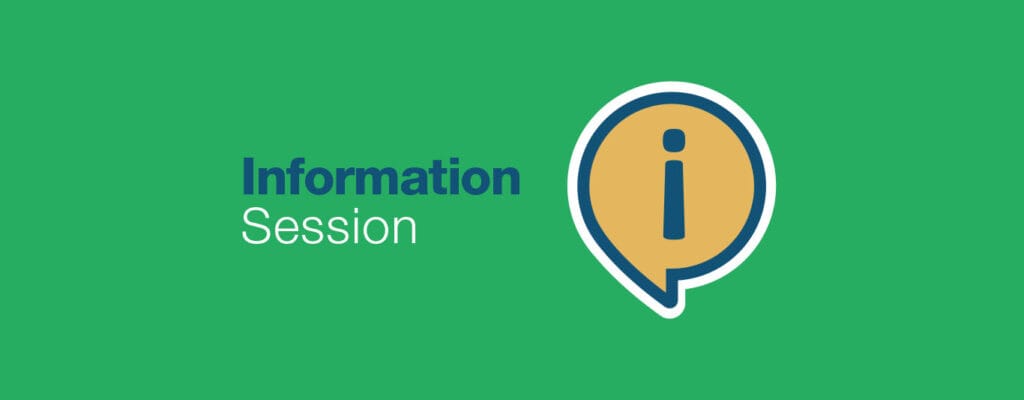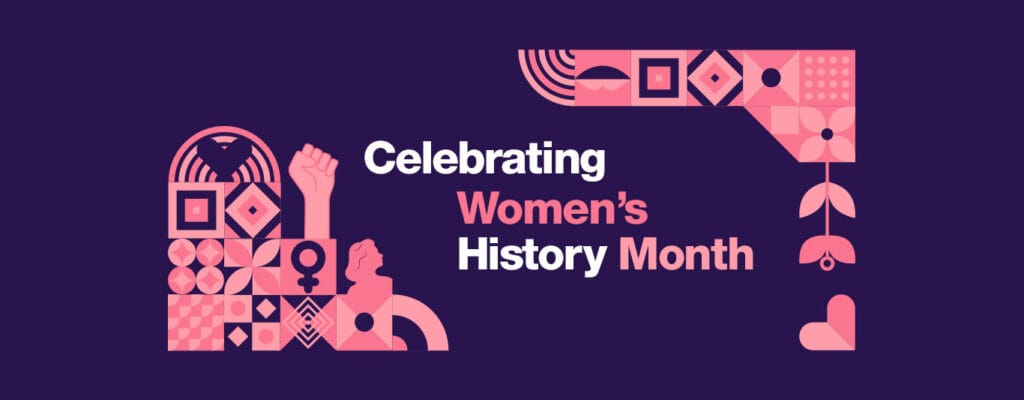




Join CLI’s Breakfast Briefing to explore the future of literacy! Connect with education leaders, hear impact stories, and discover ways to get involved. Stay[..]

Empower Oregon’s educators with proven literacy strategies! Join our free virtual info session to explore research-based tools and connect with experts. Register now!

Celebrate Women's History Month with powerful stories that inspire, educate, and uplift. 📚 Download our curated guide and stay connected for more inclusive literacy[..]